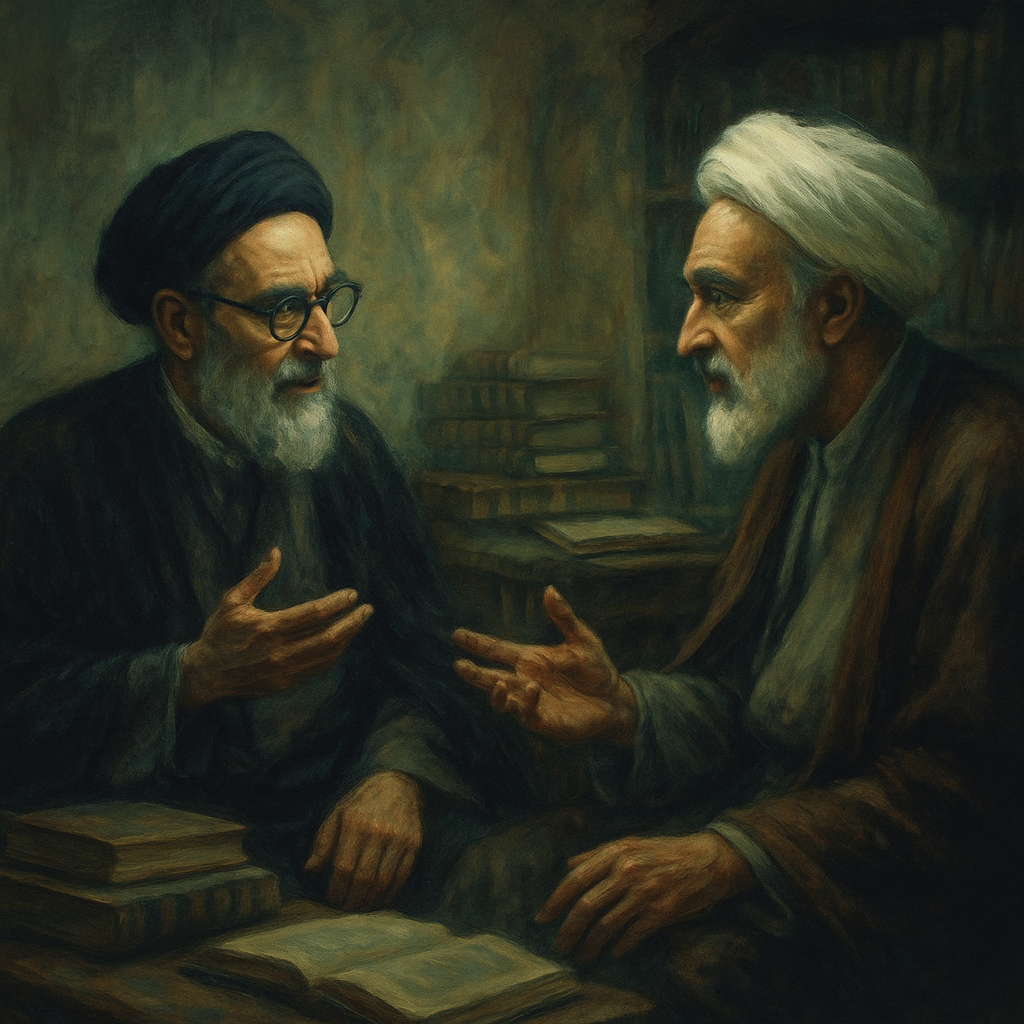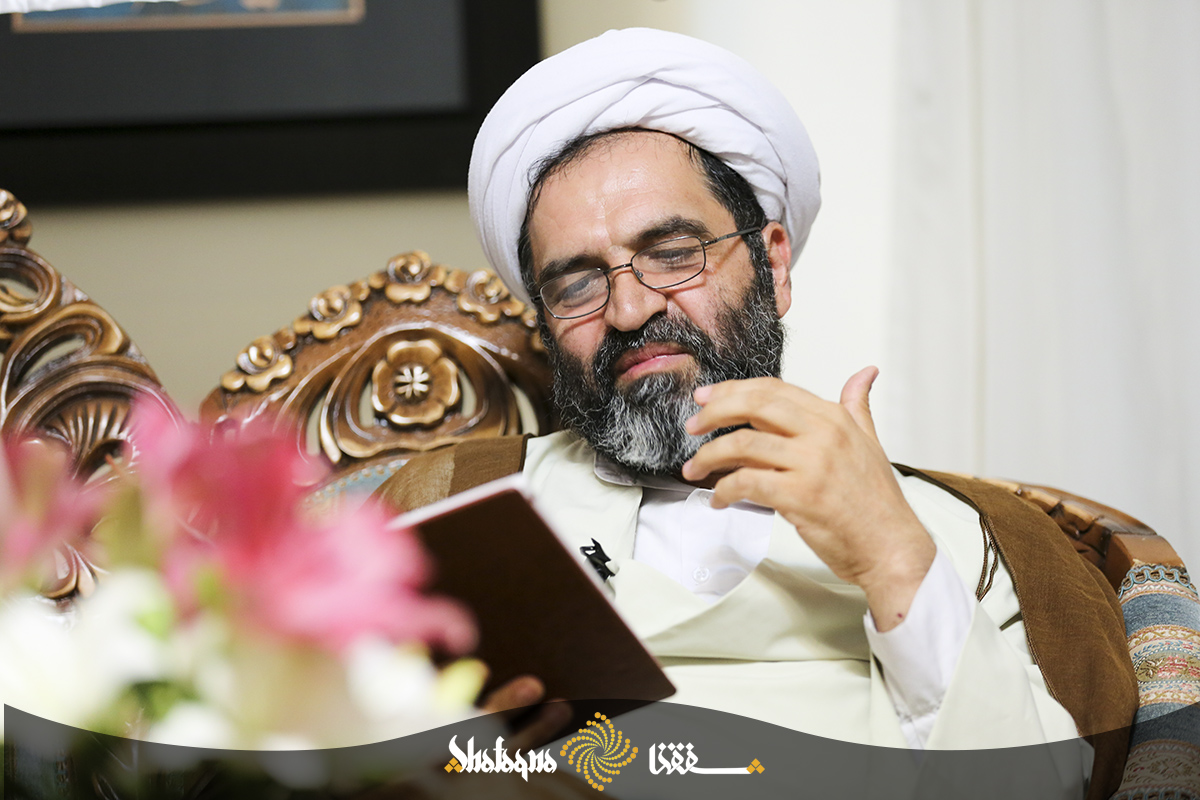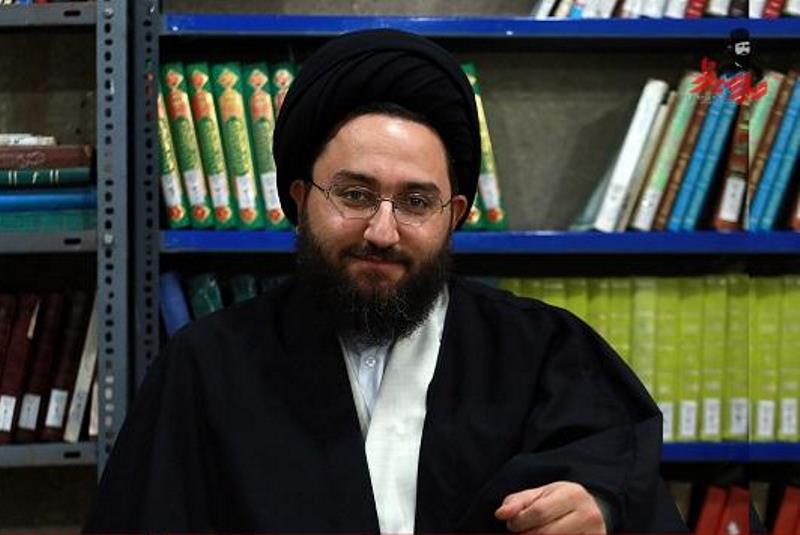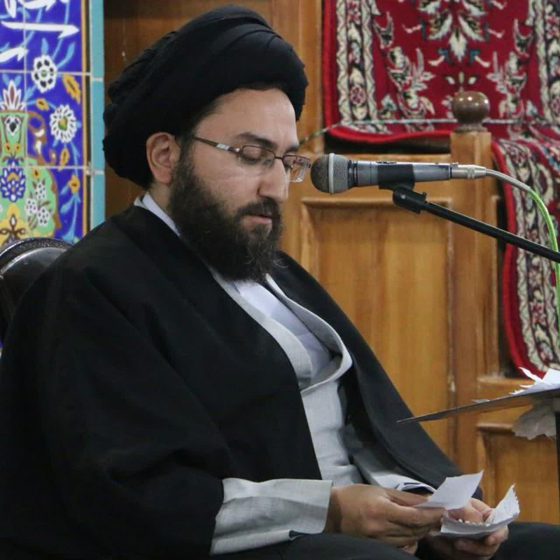(1) I’tibariyyat (Conventional Realities) in Usul al-Fiqh | Advanced Lessons in Legal Theory
This academic year in the seminary, Ustad Soroush Mahallati is giving his Bahth al-Kharij of Usul al-Fiqh on the topic of I’tibariyyat (Conventional Realities). Below is the translation of the transcription of the first lesson from September 13th, 2025. Different Terminologies of Iʿtibārī (Conventional) We thank God that once again we have been granted the … Read more




































